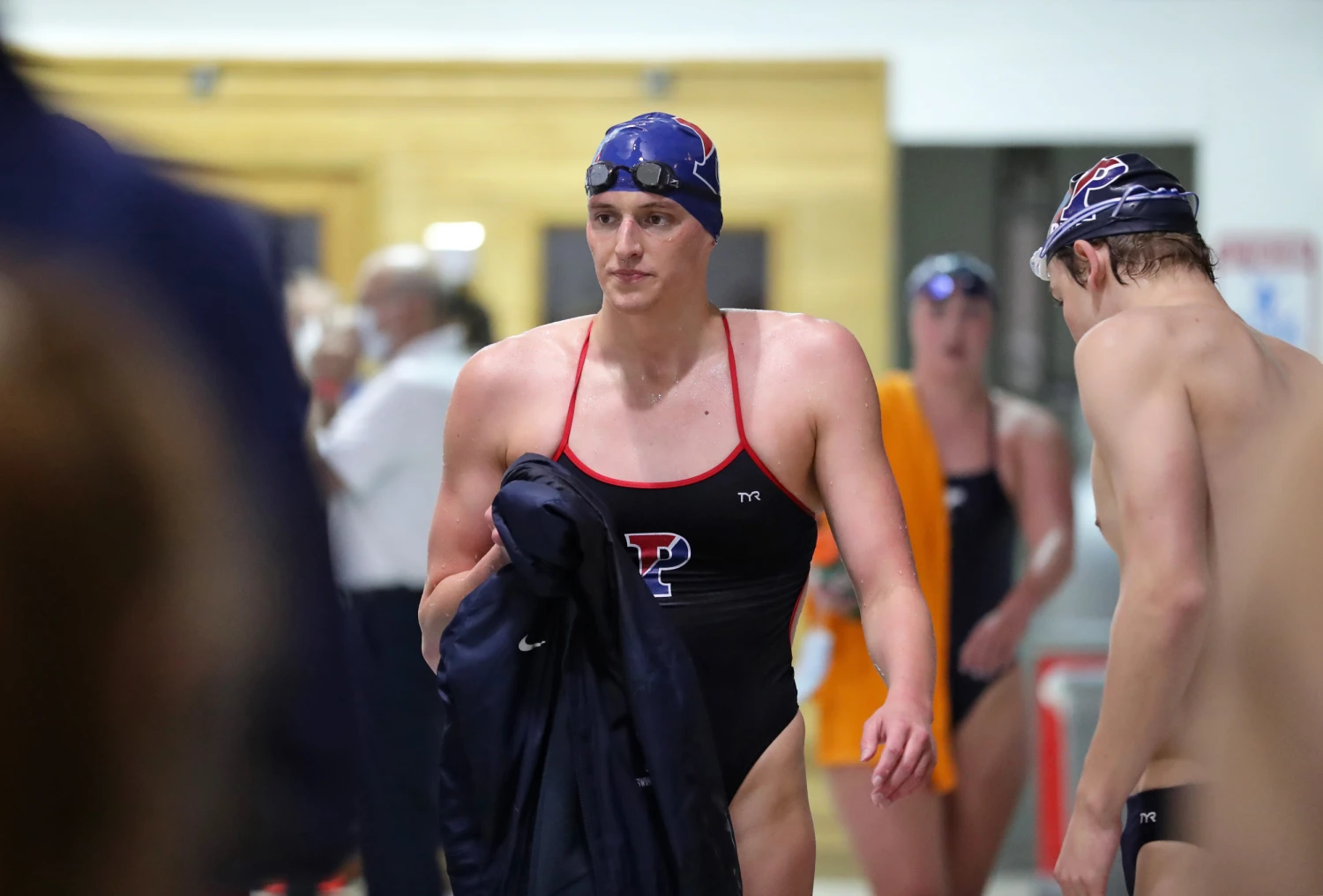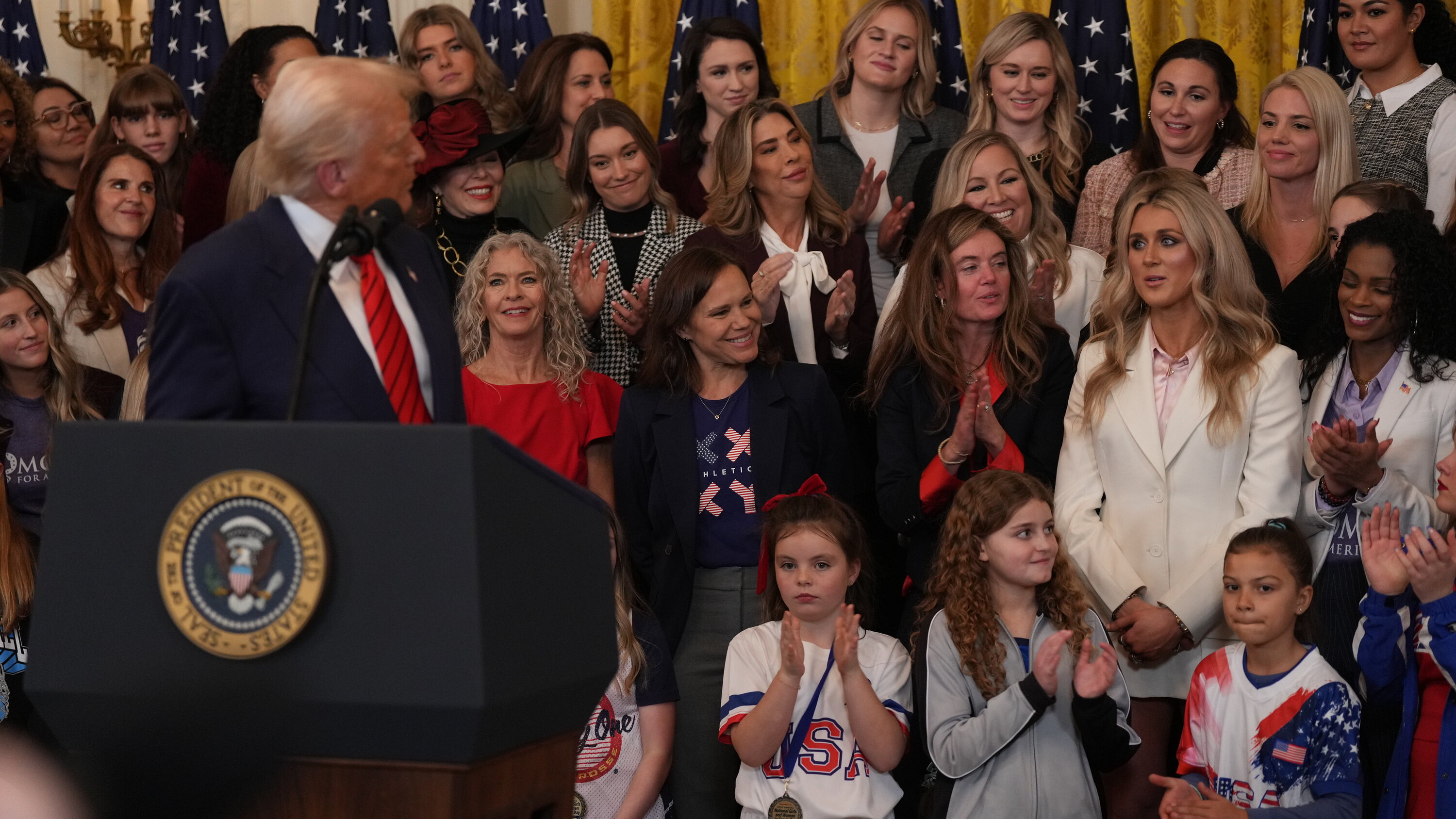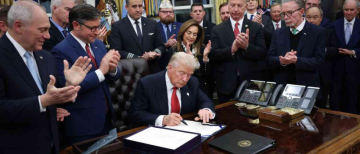In a significant change to U.S. immigration policy, the government announced new rules that make it harder for transgender women athletes from other countries to get visas to compete in women’s sports events in the United States. This move, revealed by the U.S. Citizenship and Immigration Services (USCIS) on August 4, 2025, follows an executive order signed earlier this year by President Donald Trump called “Keeping Men Out of Women’s Sports”.

Under the updated rules, athletes who were assigned male at birth but now identify as female will face tougher scrutiny when asking for certain sports-related visas, like the O-1A visa for people with extraordinary athletic abilities, and green cards for highly skilled workers. If officials find that a “male athlete has been competing against women,” it will count against their visa application. The policy also allows visa officers to ask for proof of a person’s sex assigned at birth, which could now be required for many international athletes hoping to compete in the U.S..
The new policy builds on earlier changes at the state level and aligns with the United States Olympic & Paralympic Committee’s recent decision to ban transgender women from women’s events. The move comes as America prepares to host the 2028 Olympic Games in Los Angeles, a time when rules about who can compete are drawing global attention.
Supporters of the new rules argue that they are necessary to ensure fairness and safety in women’s sports. They believe that transgender women, because of physical advantages from being assigned male at birth, have an unfair advantage in female competitions. They say only those who are biologically female should get visas to compete in women’s events in the U.S.

Opponents, however, argue that the rule targets a tiny and often vulnerable group. They say the changes violate basic rights and are out of proportion with how few transgender athletes actually compete at the international level. For example, fewer than ten out of thousands of international student-athletes in the NCAA identify as transgender, according to recent testimonies. Critics worry that this policy sends a message of exclusion and stirs divisive feelings at a time when sports should bring people together.
The debate on this issue is sharp. Some people support the policy, saying it helps protect opportunities for women and ensures a level playing field. Many parents and coaches of female athletes believe the move is overdue, especially with the Olympics on the horizon.
On the other hand, LGBTQ+ advocacy groups, civil rights organizations, and even some athletes are speaking out against it. They worry the new rules will be used not just in sports, but in other areas, and make traveling to the U.S. harder for all transgender people. They point to concerns that the requirement to list sex assigned at birth could lead to embarrassment, privacy violations, and discrimination, not only for athletes but for anyone whose gender identity doesn’t match their birth documents.
The new rules are already creating uncertainty for sports teams, event organizers, and colleges that recruit international athletes. Some experts say it could lead to fewer international competitors coming to the U.S., perhaps making future competitions less diverse. There are also fears that these rules could spill over into non-sports areas, affecting business travelers, students, and tourists who are transgender.

As with many new laws, there may be court challenges or pushes for further review in Congress. For now, the U.S. has made it much harder for transgender women to travel there to compete. Whether this brings more fairness or more division is something the world will be watching closely in the months and years ahead.
This news aims to provide a clear, fact-based overview of the recent U.S. sports visa policy changes affecting transgender women athletes, presenting both sides and the main concerns, so everyone—no matter their age or background—can understand the issue.
With inputs from agencies
Image Source: Multiple agencies
© Copyright 2025. All Rights Reserved. Powered by Vygr Media.
























